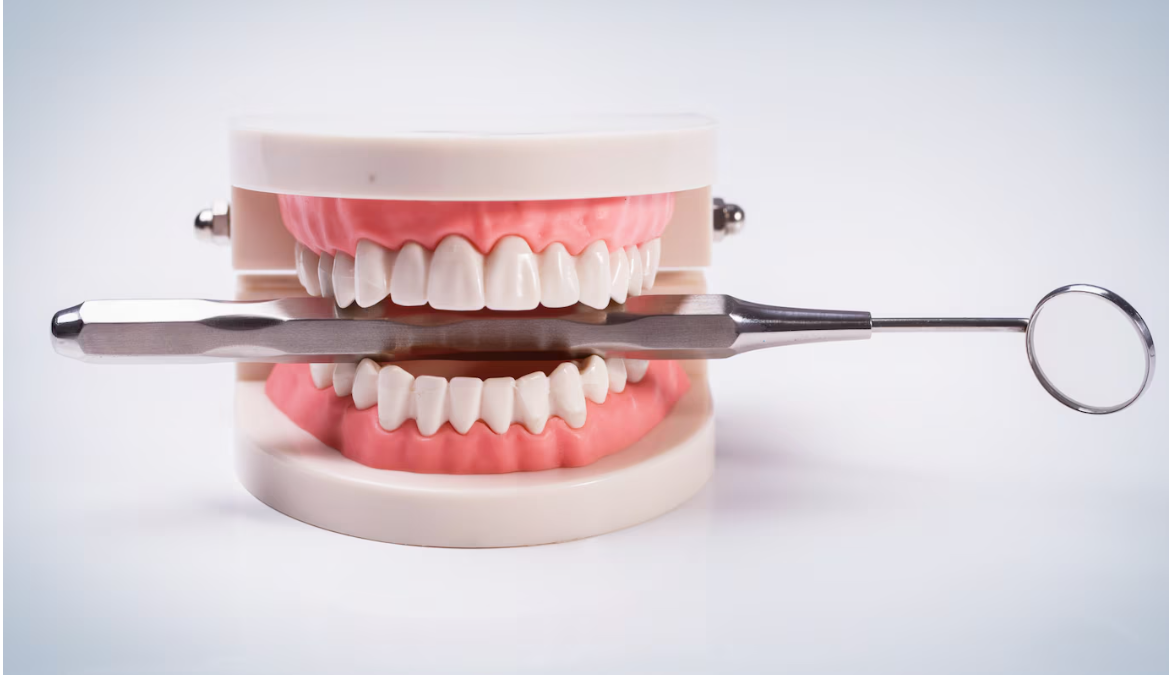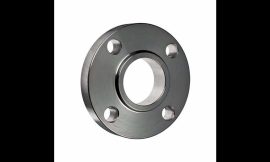Tooth loss is a common issue that many people face, whether due to aging, accidents, or dental disease. When it comes to replacing missing teeth, two of the most popular options are dental implants and dentures. While both solutions can restore your smile, they offer different advantages and disadvantages depending on your needs.
In this blog, we’ll explore the differences between dental implants and dentures, helping you make an informed decision about which option is right for you.
1. Comfort and Functionality
One of the primary differences between dental implants and dentures is the level of comfort and functionality they offer. Dental implants are surgically placed into the jawbone, providing a stable and permanent foundation for replacement teeth. Because of this, they function just like natural teeth, allowing you to chew, speak, and smile confidently without worrying about them moving or slipping.
Dentures, on the other hand, are removable and rest on top of the gums. While they can restore your ability to eat and speak, dentures may sometimes feel bulky or uncomfortable, especially if they don’t fit properly. Over time, dentures can shift or loosen, requiring adjustments or adhesives to keep them in place.
2. Maintenance and Care
Caring for dental implants is relatively simple. Just like natural teeth, they require regular brushing, flossing, and dental check-ups to ensure they remain in good condition. Since they are permanently fixed in your mouth, there’s no need to remove them for cleaning or worry about overnight storage.
Dentures, on the other hand, require more maintenance. They need to be removed daily for cleaning, soaked overnight in a cleansing solution, and brushed to remove food particles and plaque. Additionally, dentures may need to be relined or replaced over time as the shape of your gums and jaw changes.
3. Durability and Longevity
When it comes to longevity, dental implants are the clear winner. With proper care, dental implants can last a lifetime. The titanium post that is surgically placed in the jawbone fuses with the bone over time, creating a strong and durable foundation for the replacement tooth. Once the implant is in place, it provides a permanent solution for missing teeth.
Dentures, while effective, typically have a shorter lifespan. Most dentures need to be replaced every 5-10 years due to wear and changes in the shape of the mouth. Additionally, dentures are more prone to breaking or becoming damaged compared to dental implants.
4. Aesthetic Appeal
In terms of appearance, both dental implants and dentures can restore your smile, but dental implants tend to offer a more natural look. The crown that is placed on top of the implant is custom-made to match the shape, size, and color of your natural teeth, making it virtually indistinguishable from the rest of your smile.
Dentures have come a long way in terms of aesthetics, and modern dentures can look quite natural. However, they may still lack the lifelike appearance and feel of dental implants, especially as the dentures wear over time.
5. Bone Health and Jaw Support
One of the significant advantages of dental implants is their ability to preserve bone health. When you lose a tooth, the underlying bone in the jaw can begin to deteriorate due to a lack of stimulation. Dental implants help prevent this by acting as artificial tooth roots that provide the necessary stimulation to maintain bone density.
Dentures, on the other hand, do not offer the same benefits for bone health. Since they rest on the surface of the gums, they do not provide any stimulation to the jawbone, leading to bone loss over time. This can result in changes to the shape of the face, causing a sunken appearance.
6. Cost Comparison
Cost is an important consideration when deciding between dental implants and dentures. Dental implants are generally more expensive upfront due to the surgical procedure and the materials used. However, because they are a permanent solution, the long-term cost of dental implants may be lower than that of dentures, which need to be replaced periodically.
Dentures are typically more affordable upfront, making them a popular choice for individuals looking for a cost-effective solution to tooth loss. However, the ongoing maintenance and replacement costs associated with dentures can add up over time.
7. Procedure and Recovery Time
The process of getting dental implants involves multiple stages. First, the implant is surgically placed into the jawbone, and it may take several months for the implant to fully integrate with the bone. After this healing period, an abutment is placed on the implant, followed by the attachment of the custom-made crown. While the process can take several months from start to finish, the result is a long-lasting, permanent solution.
Getting dentures is a quicker process. After your dentist takes impressions of your mouth, your dentures are custom-made to fit your gums. Once they are ready, the dentist will make any necessary adjustments to ensure a comfortable fit. However, the quicker process comes with the trade-off of not having a permanent solution like dental implants.
8. Quality of Life
Both dental implants and dentures can significantly improve your quality of life by restoring your ability to eat, speak, and smile confidently. However, dental implants tend to offer more convenience and comfort. With implants, you don’t have to worry about removing them, dealing with adhesives, or feeling discomfort while eating.
Dentures can restore functionality, but they may not offer the same level of comfort or confidence, especially if they slip or become loose during everyday activities.
Conclusion
Dental implants and dentures are both viable solutions for replacing missing teeth, but they offer different benefits. Dental implants provide a permanent, natural-looking solution that preserves bone health and requires minimal maintenance. Dentures, while more affordable upfront, may require more maintenance and adjustments over time.
The best option for you will depend on your budget, oral health, and personal preferences. It’s always a good idea to consult with your dentist to determine which option aligns best with your needs and long-term dental goals.




